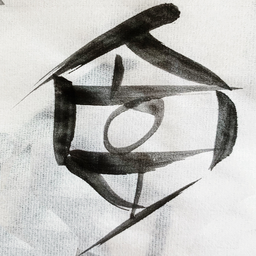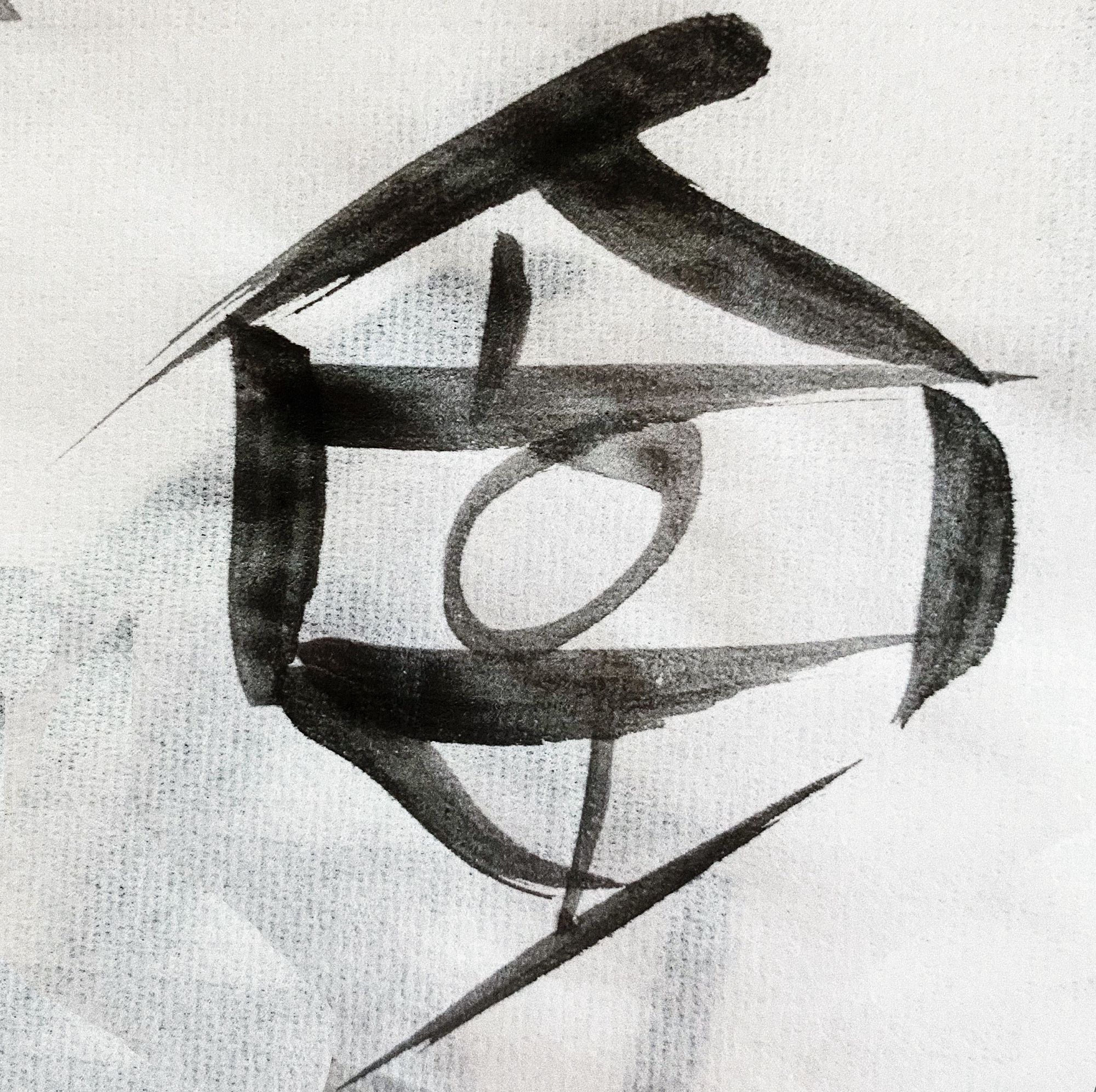Tension/Action

I had a Twitter thread recently about novel openings and people kept dming me being like “write a newsletter about this” and I kept responding “I already did!”
Narrator voice: He had not.
There’s a bunch of stuff I touch on in the thread but the one I wanted to explicate more is the difference between tension and action. Writers are told to start with action. To start with a character doing something, going somewhere, in conflict with someone. Sometimes this is literally dropping into a gunfight. Sometimes it is opening with a line of dialogue. Sometimes it is a character witnessing a crime.
This is, second only to starting with a character waking up, in my personal opinion, a huge mistake. Take the example of a gunfight. You start with a character, under fire, chasing, being chased, shooting, being shot at. But as a reader, I simply don’t care about this exchange. There’s an assumption inherent in this approach: that a gunfight is exciting and interesting just because gunfights are inherently so. But, in my opinion, that’s wrong. What makes action interesting are stakes. What makes a scene interesting is how invested the audience is in the outcome.
We don’t know the hero yet. We don’t know what she wants. We don’t know what she cares about. What will hurt her the most? Will it be getting shot? Will it be losing a treasured object? Missing her chance at revenge? What matters here?
We think that survival is stakes. But if I don’t care about a character, what interest do I have in whether she lives or dies? Stakes are about wants, not survival. Stakes are about relationships. Between a character and another. A mind divided against itself. We care about people, after all, not a person. We care about how people interact, the bonds of friendship, of family, of partnership, of love. We are interested in how enemies might become lovers. How friends might become foes. The pain of losing a loved one, the joy of their successes.
Action scenes are not about the physical contest. They are about the feelings that that contest evokes. The fight, unsurprisingly, is a metaphor for the relationships at stake.
These are stakes. Not the pain of getting shot but instead the pain of failure. The pleasure of success. And if you have stakes then you have tension. To have tension I need to know what drives a person. And it is very hard to communicate that in the middle of a chase or a fight. Or, if you do start there, make space in the beats between to show us the interiority of your contestants. Let your hero have emotions. Let their mind wander.
To achieve tension, you must give us context. Give us a point of failure, a potential disappointment. To let us revel in success you have to show us defeat.
So, if you want to grab your reader, I always believe you need to find a way to start with tension, not action. Action is the inevitable release of tension. Action is the catharsis, the climax. Don’t start at the peak. Start near it. Don’t start way down on the downslope, at the base camp. Start where the story is interesting. But starting at the top means the only place you can go is down.
